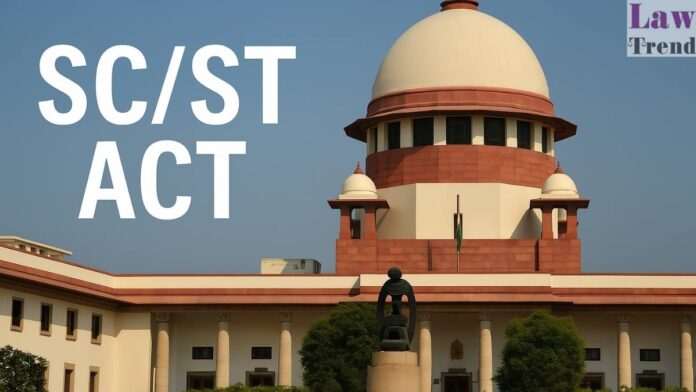The Supreme Court of India has acquitted five appellants previously convicted under Section 447 of the Indian Penal Code and Section 3 of the Scheduled Castes and Scheduled Tribes (Prevention of Atrocities) Act, 1989, citing inconsistencies in witness testimonies and lack of evidence to establish key elements of the offences. The judgment, delivered by a
To Read More Please Subscribe to VIP Membership for Unlimited Access to All the Articles, Download Available Copies of Judgments/Order, Acess to Central/State Bare Acts, Advertisement Free Content, Access to More than 4000 Legal Drafts( Readymade Editable Formats of Suits, Petitions, Writs, Legal Notices, Divorce Petitions, 138 Notices, Bail Applications etc.) in Hindi and English.




